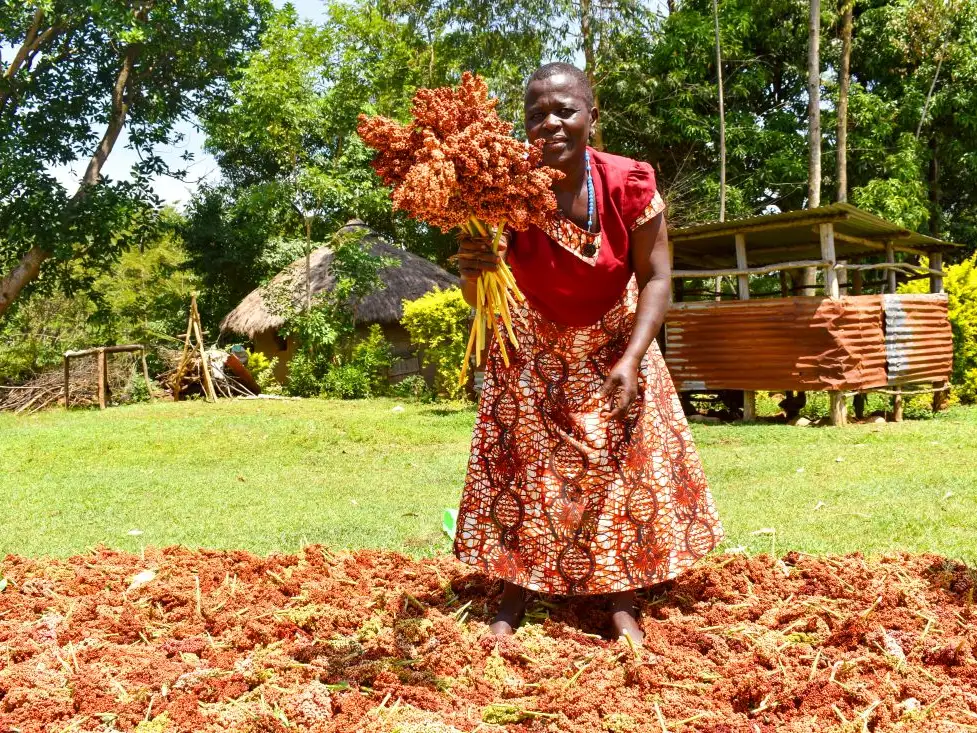
The recent Government announcement to cut the already diminished UK aid budget means that, in some of the most vulnerable places on earth, more people will die or lose their livelihoods.
At times like these, when we see the decline of aid to support the world’s most vulnerable communities, it becomes even more critical to rethink the global food system to enable those most in need to build food security and emerge from poverty.
All agricultural production starts with seeds
Access to seeds is vital to food security. In practice this means that small-scale farmers need access to seeds that are suitable for their environmental conditions and for the particular nutritional and cultural requirements of their families and communities. For many farmers, traditional crops provide nutritional diversity and grow well in challenging environments, and access to such seeds is vital.
In many rural communities around the world, women have historically played a vital role in saving and selecting the seeds of traditional crops.
Women also represent 43 per cent of the global agricultural labour force. As such they have the potential to hugely contribute to building food security. But their productivity is often less than that of male farmers because of social and economic barriers rooted in entrenched inequalities. One of those barriers is access to seeds.
CAFOD and BIBA-Kenya (Biodiversity and Biosafety Association Kenya) have conducted research into how the introduction of a restrictive seed law in 2012 in Kenya - where women constitute up to 80 per cent of the agricultural labour force - has affected women’s access to traditional seeds.
This law includes restrictions on small-scale farmers’ rights to save, share and sell their traditional seeds.
The research revealed that these changes in the law have made it harder for women to work as seed producers and sellers, reducing their incomes, as well as their ability to develop independent businesses. This reduces the money available for household necessities. As one of the women farmers from the Luhya community (Busia County of Kenya) put it: “The lack of seed sharing leads to hunger.”
The rights of small farmers to use and save traditional seeds are at the heart of CAFOD's Fix the Food System campaign. And your parish might have been one of the 700 who supported last year’s letter from Salina - a small-scale farmer from Bangladesh who wrote to the World Bank urging them to return seeds to the hands of farmers.
Learn more from women farmers in Kenya
We are delighted to invite you to a webinar on Thursday 5 June. Our partner BIBA Kenya will be sharing their work with women farmers in Kenya who are committed to protecting and developing their own varieties of seeds, showing why this is vital for food security and climate resilience.
Come along to learn more about this vital issue and how you can continue campaigning on it.

